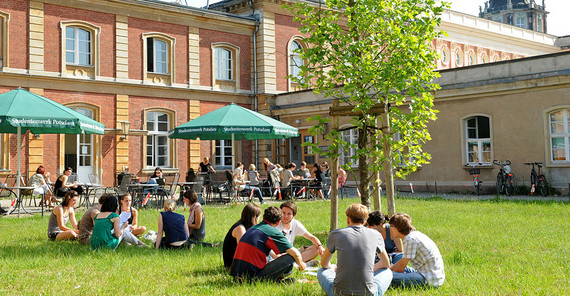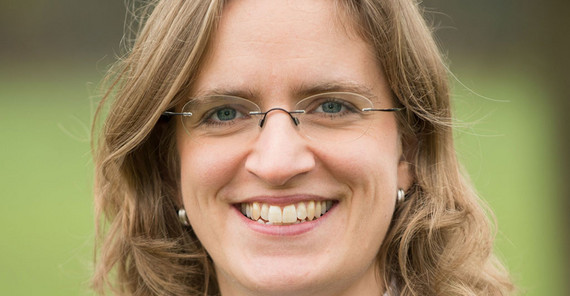Why did you choose the topic, “Education for Sustainable Development”? What are the Summer School’s objectives?
In order to be able to implement the United Nations Sustainable Development Goals adopted in 2015, we need one thing above all: high-quality education. It enables people and communities to act in a globally responsible manner. Future teachers play a crucial role in preparing younger generations for the challenges of an ever-changing world. Our Summer School aims to raise awareness of this. In addition, we want to expand our international partnerships in this field, promote students’ professional language skills, and integrate more intercultural focal points into teaching.
Who is participating in the Summer School?
From Potsdam, 30 student teachers are participating, 24 students and 15 lecturers come from partner universities in Brno, Paris, Bogotá, Medellín, Bristol, Vienna, Leuven, The Hague, Melbourne and Cortland, New York. Some have networked before in joint online seminars and are now getting to know each other in person. Also joining us is a scholar from the Homi Bhabha Center for Science Education in Mumbai. We are pleased to welcome numerous guest lecturers from our partner institutions to Potsdam. They bring a variety of expertise, disciplines, and perspectives.
Which academic disciplines are involved?
The spectrum ranges from the didactics of chemistry to English and the Romance languages French and Spanish to music education and inclusion education. For the Potsdam students, the Summer School is the culmination of their didactic seminars, in which they have been working on the topic throughout the summer semester.
It goes without saying that natural science subjects are suitable for questions of sustainability. But what can languages or even music education contribute?
Originally, “education for sustainable development” came from geography, which played a pioneering role here and has established the approach well. It was also taken up by political education and is now gradually being integrated into all subject areas. In the meantime, there is also a national agenda and curricula that are geared toward participation and future-oriented thinking and action. For languages, for example, the task here is clearly to deal with multilingualism and cultural diversity in order to promote intercultural competence and communication. Music as a universal language can score particularly well here. In a world shaped by migration, however, a better understanding can also be achieved in history, with a focus on global history. How are the different identities represented? What can be learned from migration stories? How does diversity change the way we live together?
What exactly can the participants expect? How does the Summer School work?
We start with a keynote lecture, which will be given by Prof. Dr. Marco Rieckmann from the University of Vechta, who is a specialist in the field of education for sustainable development at both schools and universities. After that, four subject-specific study groups will begin to develop concrete teaching projects. After all, we don’t want to impart prefabricated knowledge; instead, we want to work out something new together and try out suitable methods. In addition, there are interdisciplinary workshops and offerings in which students learn to work together across disciplinary boundaries, for example, to prepare a chemistry project for bilingual instruction. Furthermore, the students will participate in an “Expedition into the Future,” a workshop in which they will deal with the challenges and also with their own role as future teachers in a changing world.
With so much to do, will there be time to get to know the city?
Yes, of course. We offer different tours through Potsdam and Berlin, where participants can gain historical, political and cultural perspectives. We will meet for an international picnic in Potsdam’s Volkspark. And on September 1, we are invited to the presentation of this year’s Better World Award, which is given by the University and the Lotto Society for master’s theses and dissertations that have dealt with sustainability issues in a particularly innovative way. Of course, we are also looking forward to presenting our own results; at the end of the week, a school class will visit and the students will discuss their ideas and projects. We also want to make the results available to teachers and schools in order to promote the treatment of sustainability and global citizenship topics in subject lessons and in schools as a whole.
More information about the program can be found here: https://www.uni-potsdam.de/de/isc/kurse/summerschool/esdgs2022


